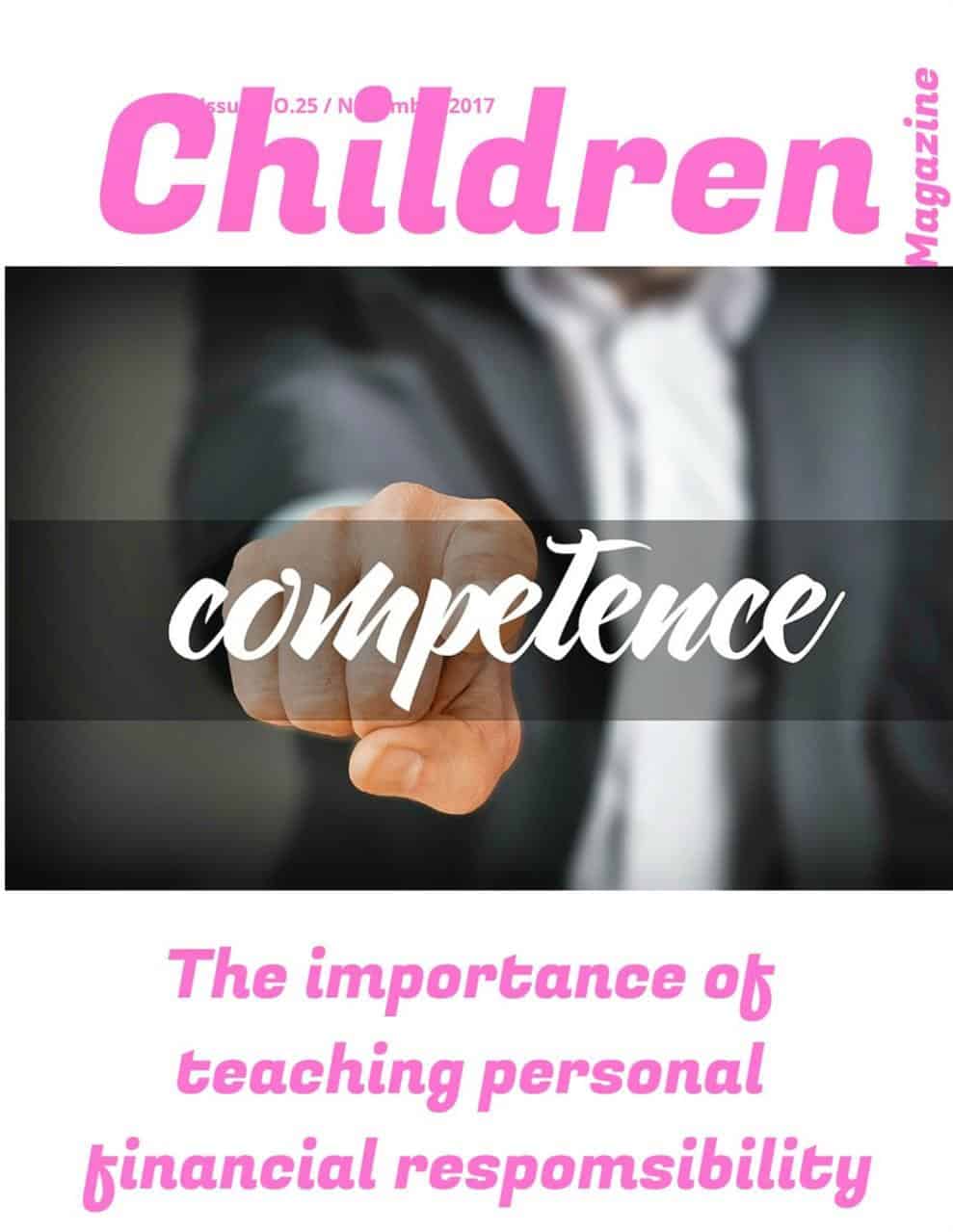
After bankruptcy discharge Canada: Introduction
The purpose of my blog is to provide ideas and suggestions on how a person can fulfill one of the aims of the Canadian insolvency system. That is to carry out successful financial rehabilitation and live profitably and happily after bankruptcy discharge Canada.
After bankruptcy discharge Canada: You are not alone
In 2017, 122,198 Canadians went for either bankruptcy or a restructuring proposal. The split was roughly even. These people and their families underwent significant financial and emotional pain. In January and February 2018 together, 19,082 Canadians went for either bankruptcy or a restructuring proposal. The split favoured restructuring proposals slightly.
After bankruptcy discharge Canada: Your financial slate is now clean
Your financial slate is wiped clean. However, your credit score has taken a beating. Now is the time to not squander the opportunity you have for financial rehabilitation. Notation of your bankruptcy stays on your credit report for 7 years after your bankruptcy discharge. In the case of a restructuring proposal, the notation remains on your credit report for 3 years after successful completion of your financial restructuring.
After bankruptcy discharge Canada: My 10 step program to live profitably after a bankruptcy discharge
So how can a discharged bankrupt hop on a rapid course to a bankruptcy rebound? Here are my suggestions:
- Use your bankruptcy experience to improve your financial education. Take a course on practical money management.
- You won’t have any credit cards so you have to rely more on cash. Use an envelope system so that every payday you segregate your cash into envelopes, each marked with an essential family expense. Make sure the cash is used only for those essential purposes and no cheating. No borrowing from the envelopes!
- Points 1 and 2 above lead naturally into the next point. Sit down with the entire family and work out a monthly budget. Your total expenses cannot be more than your total income, after income tax, for the month. If everyone is involved in setting it up, then they will all understand if you just can’t afford something in a certain month. Also, they will all be helping you stay on budget.
- You do need to find a way to start rebuilding credit. Obtain a secured credit card. Not the drug store variety, but the kind issued by a real credit card company. You have to deposit funds with the credit card issuer and then you get a credit limit equal to the funds deposited. Use that credit card each month, but pay off the FULL balance each month. The credit card company then reports to the credit reporting agencies that you are using credit wisely. Over time, this will improve your credit score.
- Always remember the behaviours that got you into financial trouble in the first place and don’t repeat them. If it was an event outside of your control like job loss or a medical emergency, it was not your behaviour that was the cause of your financial problems.
- Establish SMART goals. Specific, Measurable, Achievable, Realistic and Timely goals. Setting and reaching your goals will certainly make you an economic success.
- Begin building up savings. You need to be financially prepared for a life emergency. As a bare minimum, begin setting up a reserve so that you can withstand a 6 to 9 month emergency that increases your expenses or reduces your income.
- Start investing in an RRSP using an RRSP loan. Take out a small RRSP loan. Use your tax savings to pay it down, and work into your budget repaying the rest of the loan, with interest, during the year. Do the same thing the following years. Not only will you build up RRSP savings, the reported loan repayments will improve your credit rating because you are using credit wisely again.
- Purchase based only on your needs that are in your budget; never on your “wants”.
- Do not purchase anything on impulse. Research, research and research to make sure that you are getting the best deal possible.
After bankruptcy discharge Canada: The takeaway
The takeaway? It is not easy to recover after bankruptcy discharge Canada. It is a series of small steps using modified behaviour and healthy money management skills. But it is possible. I have seen many of my past clients do it. There is not a magic pill you can take. It is a matter of concentrating and working on moving on and learning from your past mistakes. Working at it one day at a time, you will regain your self-respect and feeling of self-worth by restoring your financial and credit report health and wellness.
After bankruptcy discharge Canada: What if you have too much debt?
I hope that you have found this information helpful. Bankruptcy is the last thing we try to do for a person in financial difficulty. If caught early enough, we can get involved in a debt settlement restructuring program for you.
The Ira Smith Team knows that you are worried because you are facing significant financial challenges. The stress placed upon you is enormous. We understand your pain points.
Contact the Ira Smith Team today. We know how to solve your financial challenges, remove your pain and put things back on a healthy path. Contact us today for your free consultation so that we can save your life, Starting Over Starting Now.




